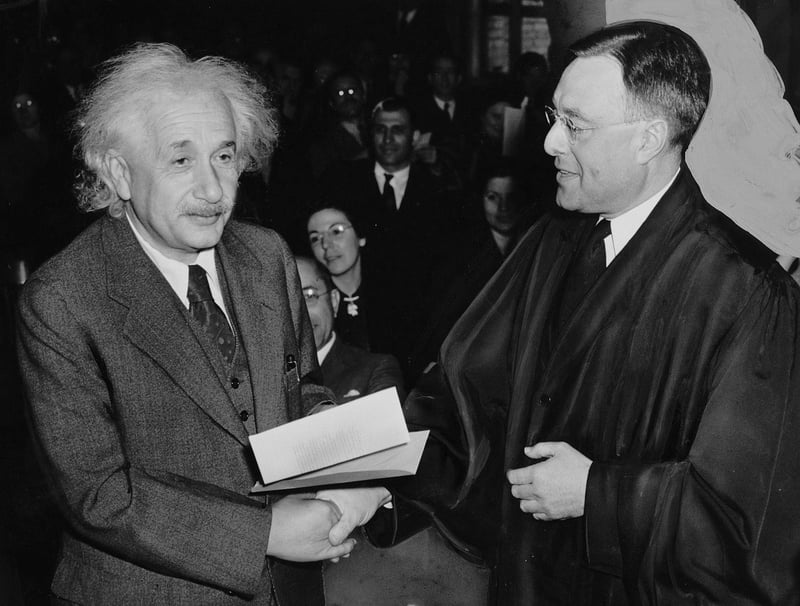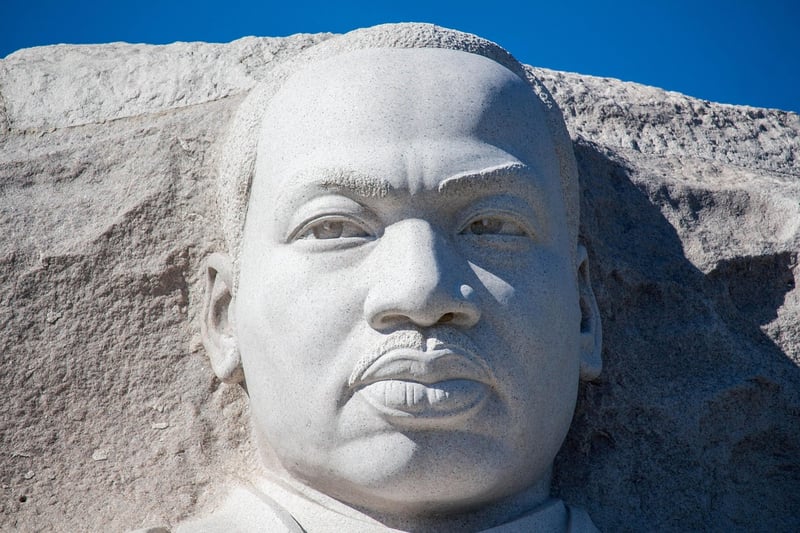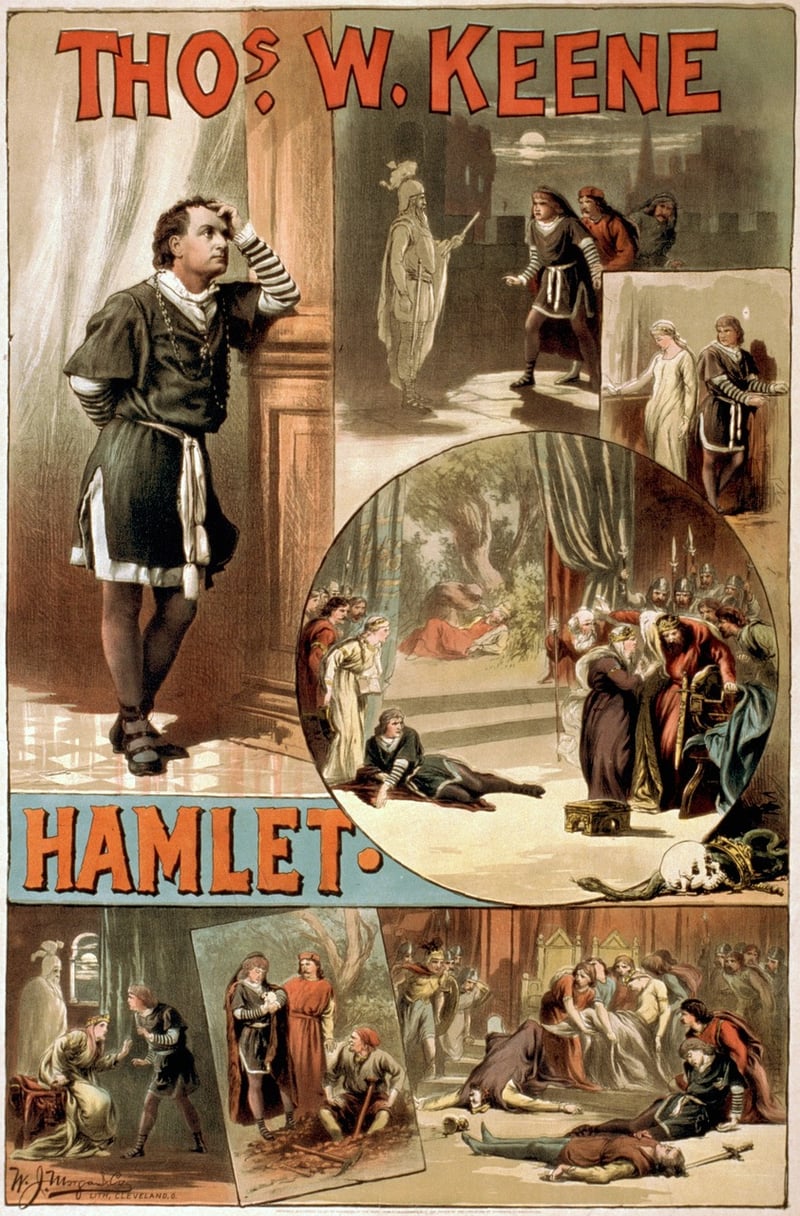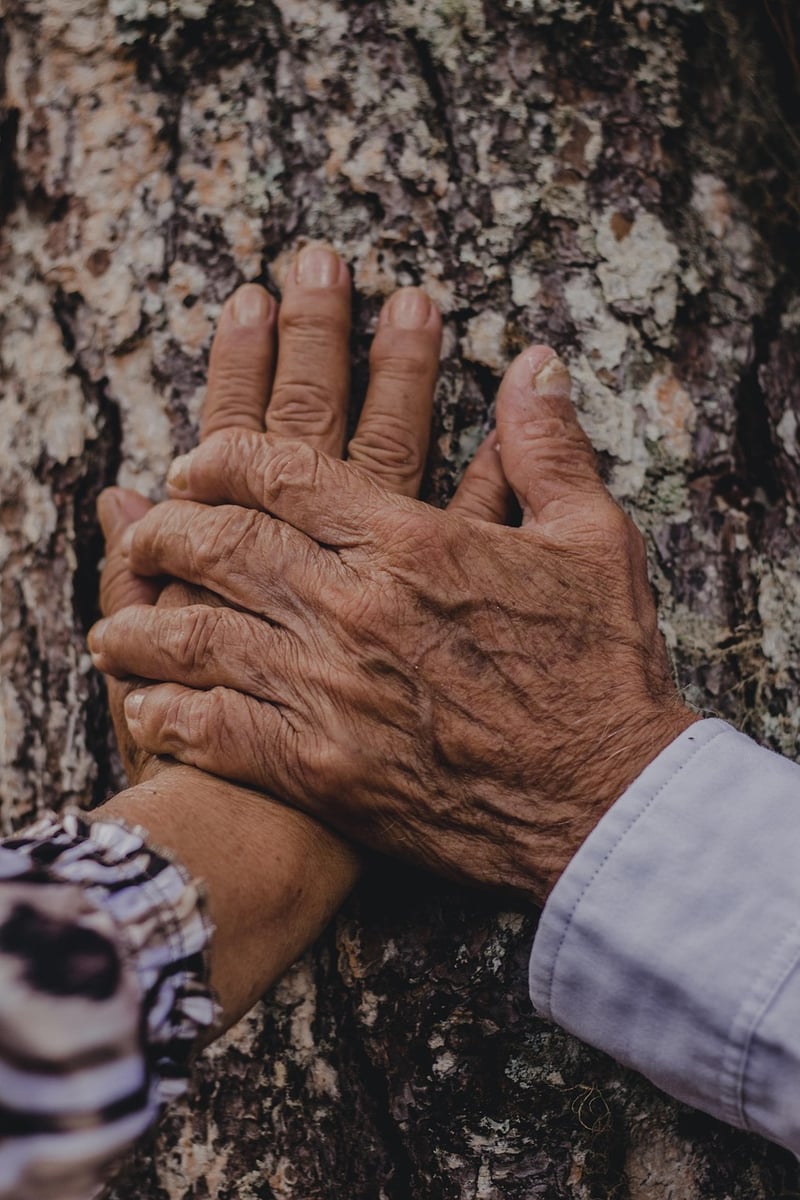Changing History's Course
Interacting with Famous Figures: How Encounters Can Change the Course of History
Throughout history, chance encounters and interactions with famous figures have had a profound impact on shaping the course of events. From meetings that sparked revolutions to conversations that inspired artistic masterpieces, these instances highlight the power of human connection and the potential for change. Let's explore some remarkable examples of individuals who, through their interactions with renowned personalities, altered the trajectory of history.
1. The Meeting of Einstein and Roosevelt
One of the most famous interactions in history occurred when physicist Albert Einstein met with President Franklin D. Roosevelt in 1939. During this meeting, Einstein discussed the potential for nuclear weapons and the need for the United States to develop its atomic research program. This encounter ultimately led to the creation of the Manhattan Project and the development of the atomic bomb, which played a pivotal role in ending World War II.

2. Galileo and the Medici Family
In the 16th century, Italian astronomer Galileo Galilei's interactions with the powerful Medici family of Florence significantly influenced his work. Through their support, Galileo was able to pursue his astronomical studies, leading to groundbreaking discoveries that challenged prevailing beliefs about the universe. His interactions with the Medici family not only advanced scientific knowledge but also sparked a revolution in the field of astronomy.

3. Martin Luther King Jr. and Mahatma Gandhi
The exchange of ideas between civil rights leader Martin Luther King Jr. and Indian independence activist Mahatma Gandhi had a profound impact on their respective movements. King drew inspiration from Gandhi's philosophy of nonviolent resistance, which influenced the strategies employed during the civil rights movement in the United States. This interaction between two visionary leaders played a crucial role in advancing the cause of equality and social justice.

4. Shakespeare and Queen Elizabeth I
The relationship between playwright William Shakespeare and Queen Elizabeth I of England is another example of how interactions with famous figures can shape history. Shakespeare's plays often reflected the political and social climate of Elizabethan England, and his works were performed at court for the Queen. Their connection not only elevated the status of theater but also contributed to the cultural richness of the Elizabethan era.

These examples underscore the profound impact that interactions with famous figures can have on changing the course of history. Whether through scientific collaboration, philosophical exchange, or artistic patronage, these encounters demonstrate the transformative power of human connections in shaping the world we live in.
Next time you find yourself in the presence of greatness, remember that your interaction could have a lasting impact on the course of history.
